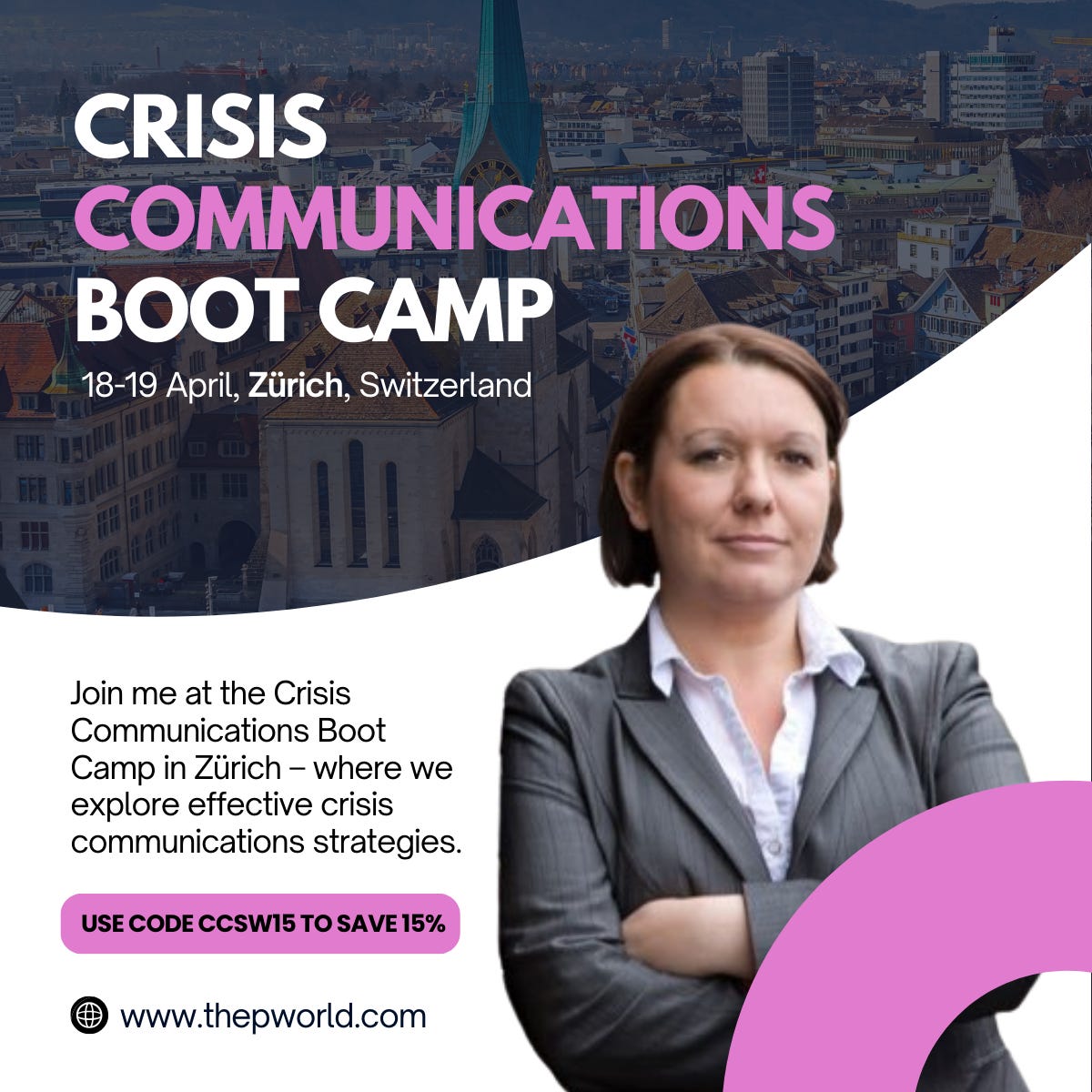Words matter but actions matter more
There have been a number of situations in the past week or so that have highlighted how important wording is when developing a statement in a crisis. It is too easy to rush a statement together ensuring the facts are right and that you have represented the organisation’s position. But is it the right approach and does it include some emotion?
In everything from the Post Office scandal through to the recent tragic death of a two-year-old boy in Skegness the statements that are given don’t hit the mark, in my opinion. Why? They fail to address the situation as it is being viewed by the majority of people. They are corporate speak and often lack any genuine emotion.
I have listened to the victims of the Post Office scandal talk about frustration over the lack of a real apology, the fact that it is not compensation but getting their money returned, and that the words are ‘corporate speak’. The same can be seen with other statements that give the facts about a review or an investigation but don’t just stop and acknowledge that it is a terrible situation.
It is the words that are used that give an indication of the mindset of the business or organisation and that can damage any actions that are taken if it lacks authenticity. And while I see the importance of words they cannot make the difference alone. It is the actions that are taken that will be of more importance to those who have been affected by a crisis.
Here are three things to ask yourself when developing a statement in response to a crisis:
Does it include some emotion about the situation and not just facts? And have you considered the emotional response from those affected and others?
Have you reviewed it and considered how it would appear to those who have been affected by the crisis?
Could you get an external perspective on the wording that has been used?
The key for me is to remember the 5 C’s - concern, clarity, compassion, confidence and competency. These all need to be reflected in what you say throughout the crisis situation.
Post Office Scandal
In the last edition of Under Pressure I highlighted the Post Office Scandal where a hundreds of sub post masters and mistresses were wrongly prosecuted and convicted for financial losses which were in fact caused by a fault computer system. This situation has developed over two decades. It has put a spotlight on the role of PR and comms and what was or wasn’t done.
I was surprised to listen to the Public Inquiry and hear that PR staff had been involved in amending a statement for a court case. This situation needs to be monitored closely as the public inquiry and other developments continue. I provided some thoughts to PR Week (read more here)
World Risks Highlighted
The World Economic Forum has published the Global Risks report for 2024. It is no surprise that extreme weather tops the risks that people are concerned about as well as the economic challenges. But it is also important to remember the cyber attacks are still critical, and the impact of AI on misinformation and disinformation is also an area of concern. It is also important to remember that these are the risks we know about but they may be others that are yet to show themselves. Companies need to be ready for those unknown factors. Read more here.
Crisis Comms Bootcamp
Amanda is delighted to be joining the P World organised Crisis Comms Boot Camp taking place in Switzerland in April. Find out more below or go to the P World website here.
Trust Deficit
Every year details of the levels of trust in different professions is provided in a report by Ipsos. The Veracity Index provides a useful piece of insight into the way the groups of people involved view organisations and those at the top of them. Amanda has explained why it matters in an Influence article for the CIPR. Read more here.
In Brief:
A report into the New York City Department of Homeless Services has found there was manipulation of statistics as well as poor record keeping and unreported violations. Find out more here.
It is reported that the details of investigations into the police handling of the shootings in Prague in December will not be available until Spring. But it has already identified shortcomings in crisis communication. Read more here.
In the latest edition of Crisis Response Journal, Amanda looks at why your next crisis may come from organisational culture and behaviour. Find out more here.
Do you have an interesting story to tell about crisis response or managing a problematic issue? Or do you have an interesting view on crisis communication? Amanda is looking for more people to be part of the #10mins with interview series. Get in touch at amanda@amandacolemancomms.co.uk
If you are looking for crisis communication related training you can find out the programme of training Amanda is running during 2024 here.
Diary Dates:
On 31 January Amanda will be running her first training session of the year focusing on Influencing in a Crisis. To book a place email office@amandacolemancomms.co.uk
Developing a corporate communication strategy is the focus of the half day training session run by Amanda for the PRCA on 6 February. Find out more here.




